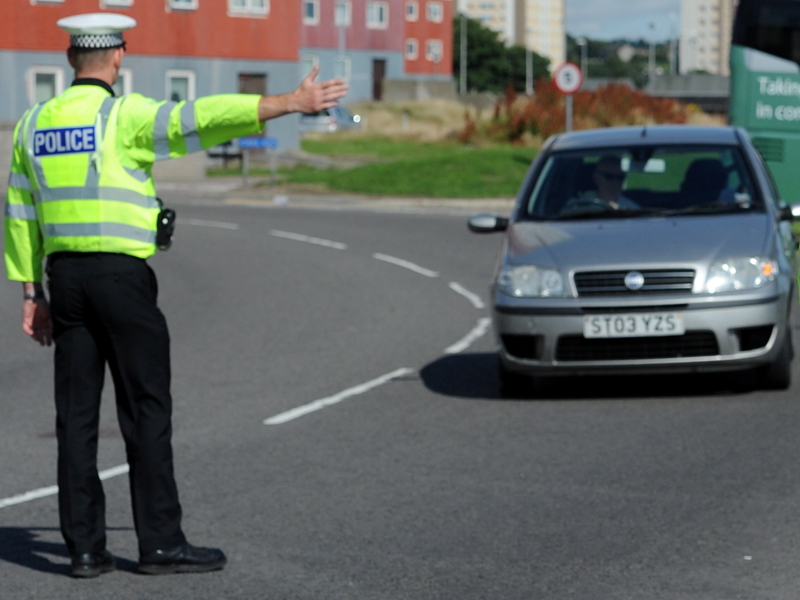Police are considering clamping down on motorists who are “unfit” to drive because of old age or a host of medical complaints.
Senior officers say the roads could be made safer if drivers with conditions such as diabetes and glaucoma were made to surrender their licences.
The radical proposal has been welcomed by some road safety groups, but Age Concern said it would be wrong to target older drivers when, proportionately, they were involved in far fewer accidents than less experienced motorists.
A spokeswoman said: “Ability, not age, needs to be the foundation for road safety interventions that affect people in later life.”
The police proposals were outlined in a presentation to Aberdeenshire councillors by Chief Inspector Elaine Logue.
She said an “innovative” new approach currently under discussion could mean the force working with the health service to identify drivers who were “unfit” for the roads.
Motorists are already obliged to inform the DVLA about several conditions, such as epilepsy, sleep apnoea, diabetes and glaucoma, and are required to surrender their licences if doctors believe it is no longer safe for them to drive.
Chief Inspector Logue said Police Scotland may need to be more stringent about stopping those affected from getting behind the wheel.
She said: “We need a new, innovative way to deal with this and we are working on this at a command level.
“A lot of people killed on our roads are down to driver error or unfitness to drive. This may be down to medical issues.”
Her presentation to the Buchan area committee followed a spate of fatal accidents.
Chief Inspector Logue – who is eager to pilot the new programme in the area – added: “One person killed on the roads is one too many.
“Road safety and accident prevention are one of our major priorities.
“Our performance is good overall in the Buchan area, but we are far from complacent.”
Road safety group Brake broadly backed the idea last night.
The charity has urged the UK Government to introduce compulsory eyesight tests for road users after a survey discovered 1.5 million drivers in the UK had never had their eyes tested, despite research showing 2,900 casualties were caused by poor eyesight each year.
Spokesman James McLoughlin said: “Driving is one of the most complex and potentially dangerous things many of us do on a daily basis, so it is vital that our health is up to the task.
“There are a whole range of health conditions that can affect your driving, and we would urge anyone who suspects they have developed an impairing condition to refrain from driving and seek advice from their doctor, and the DVLA.
“If you drive impaired you’re risking your own life, and the lives of other road users. Don’t get behind the wheel if you’re not fit to drive – it’s not worth the risk.”
However, an Age Scotland spokeswoman said the police proposal risked unfairly targeting the wrong category of motorist.
“Wherever they live, older people should be able to reach key services, friends and family at reasonable cost, in reasonable time and with reasonable ease,” she said.
“Caricatures of ‘bad’ older drivers mean there is an ongoing debate about road safety and people in later life, but this is not reflected in road safety statistics.”
Research by the RAC Foundation suggests drivers over the age of 75 make up 6% of licence holders, but account for only 4.3% of deaths and serious injuries.
In comparison, drivers aged 16-20 make up just 2.5% of road users, but 13% of those killed and seriously injured.
The AA agreed that it would be wrong to generalise about older motorists.
A spokesman said last night: “With drivers it’s difficult to do a broad brushstoke.
“Youngsters are still over-represented in casualty figures, however, the outcome can be much worse for elderly people as they are more fragile and the danger to elderly pedestrians is more severe.”
Police declined to comment further on the potential policy change before partner organisations have been consulted.
